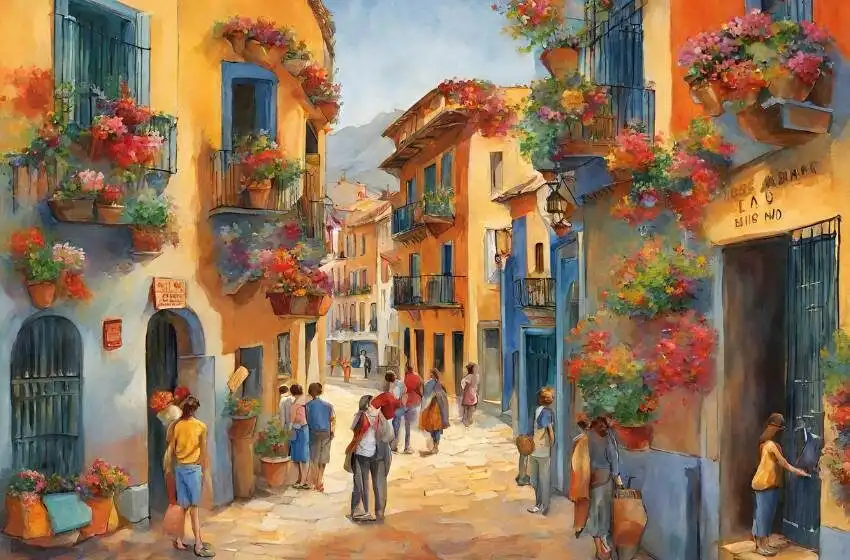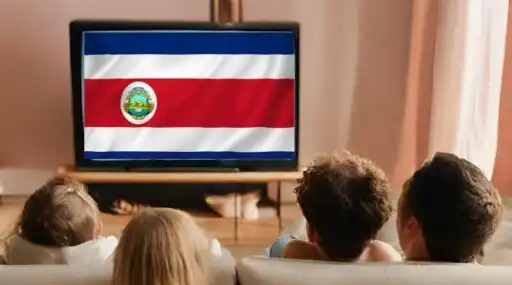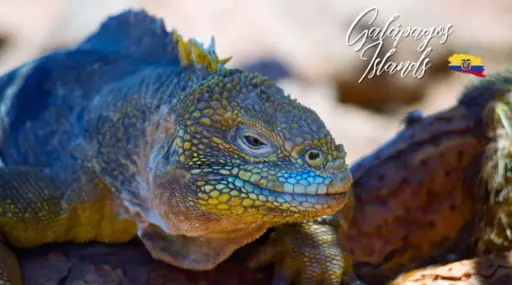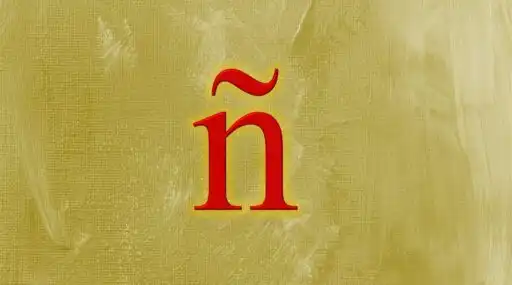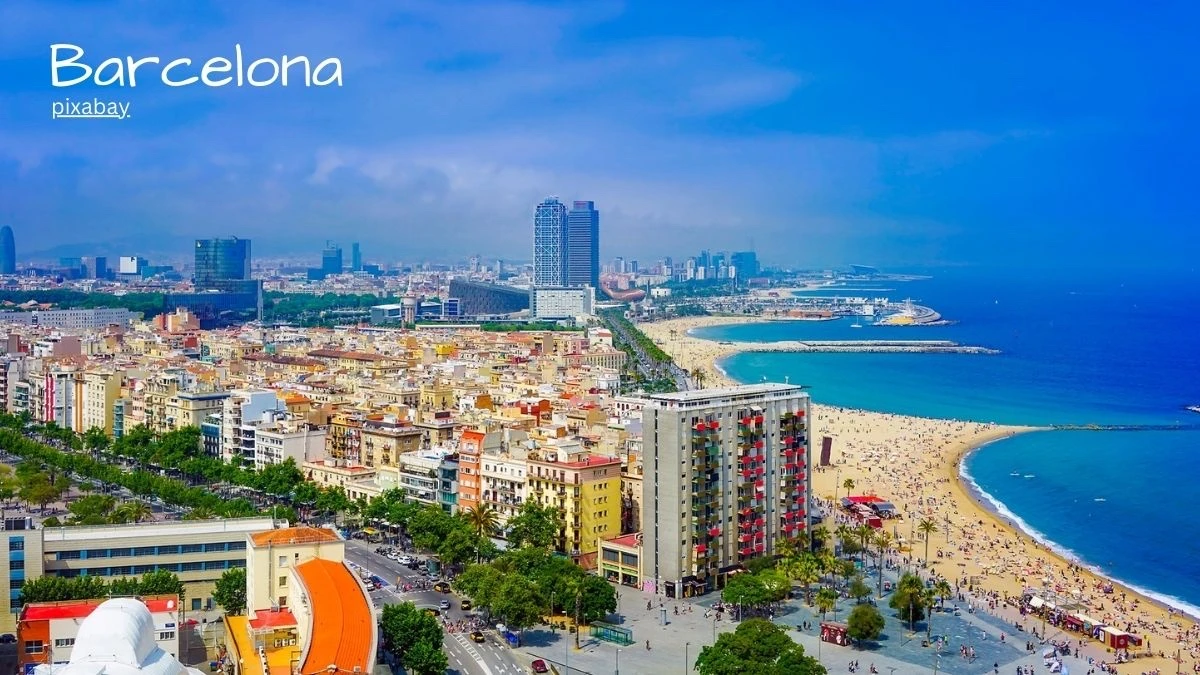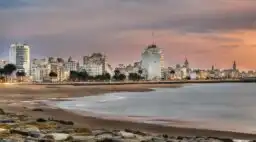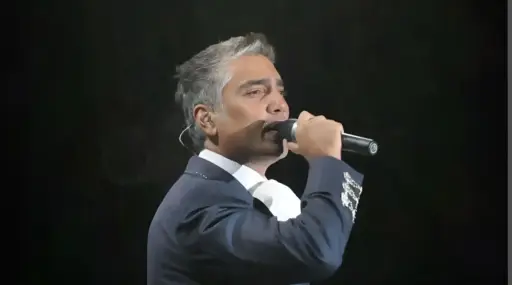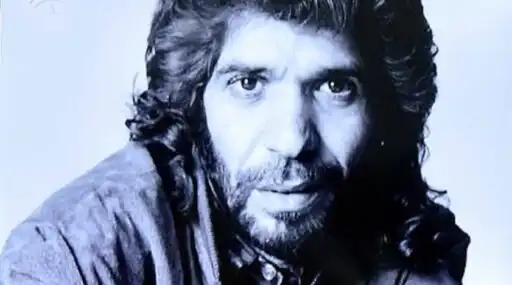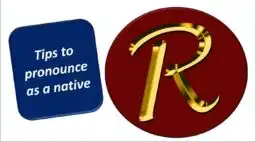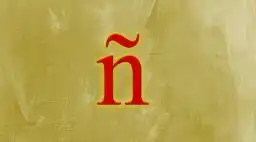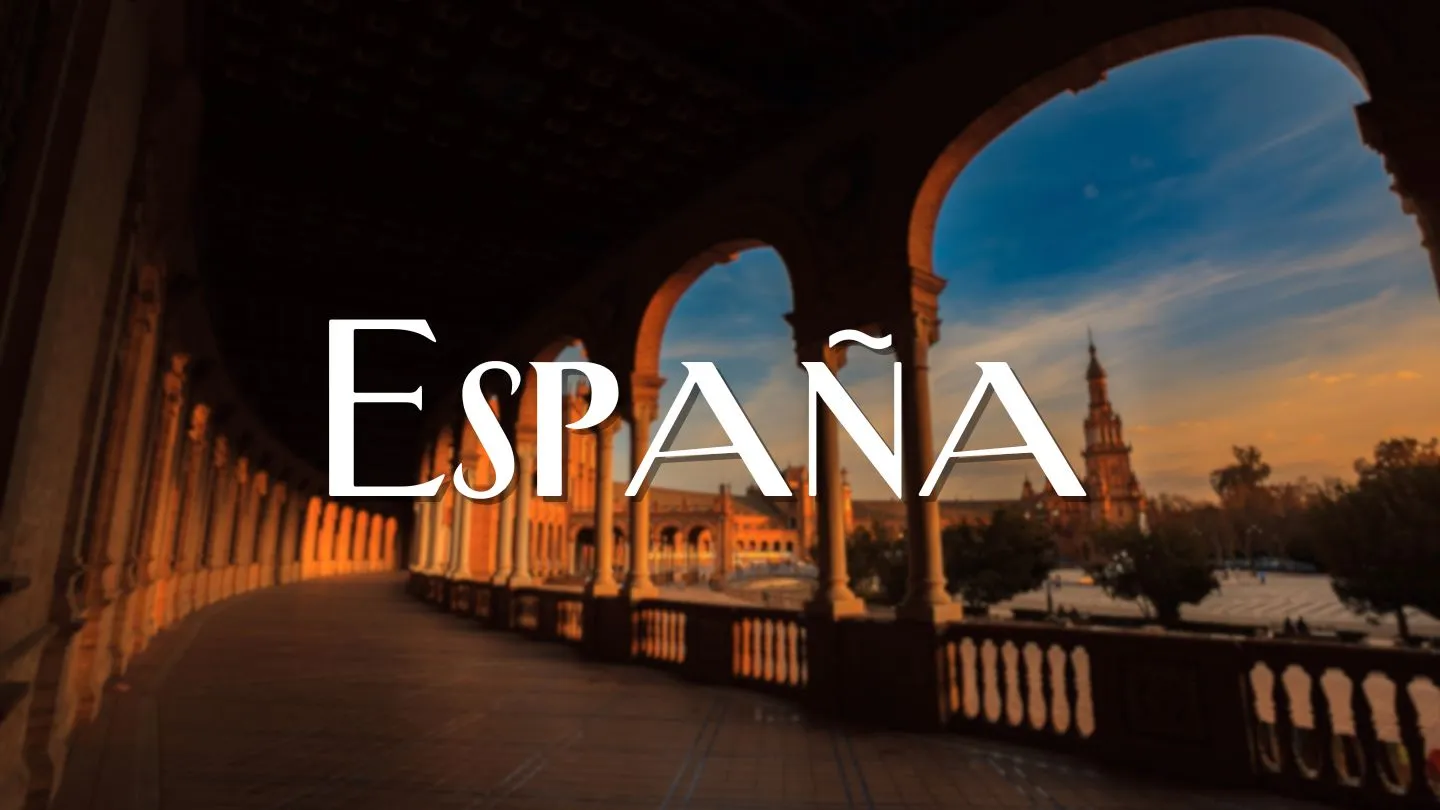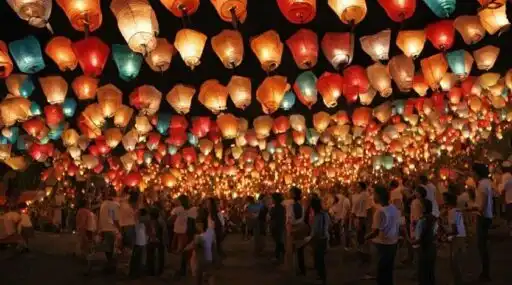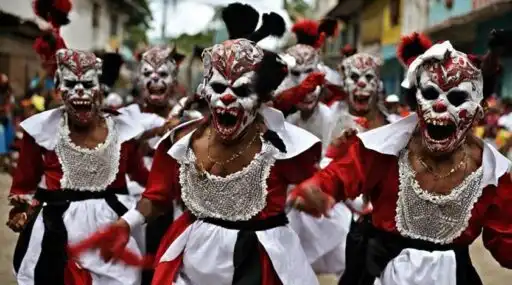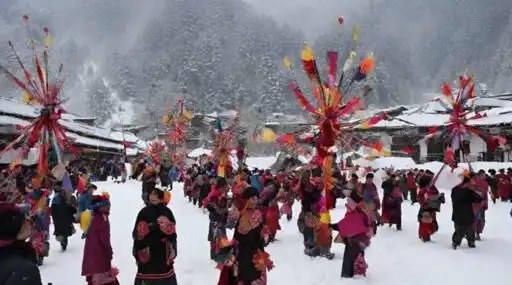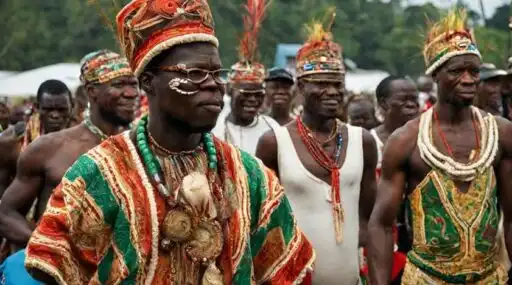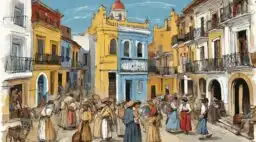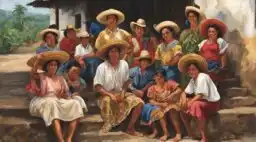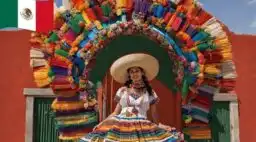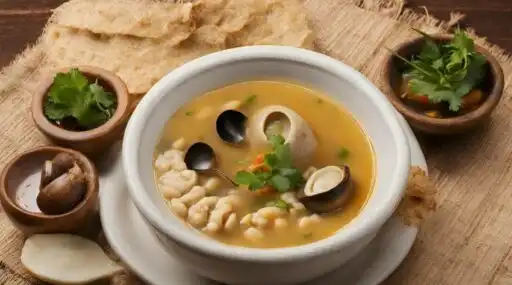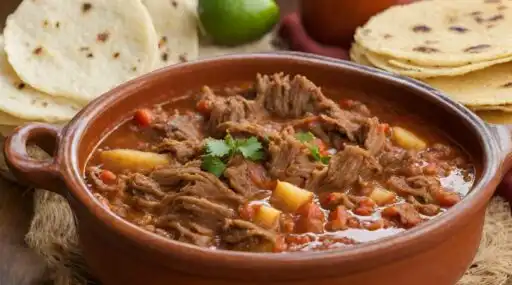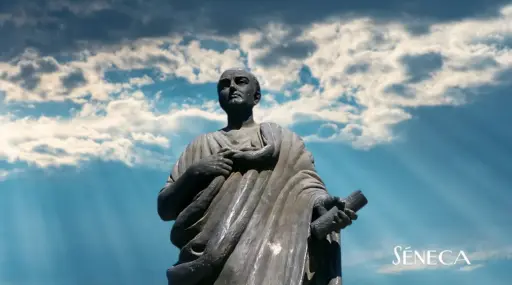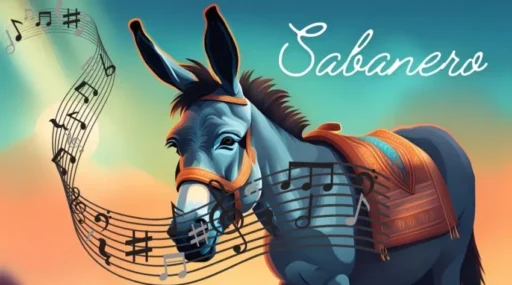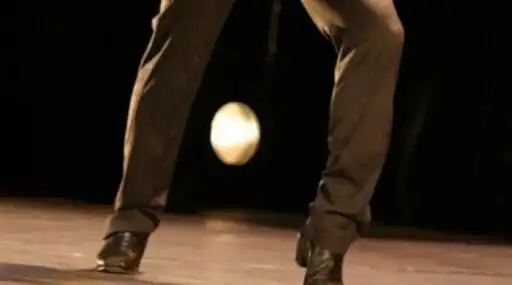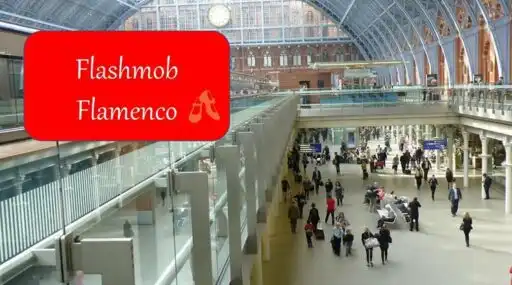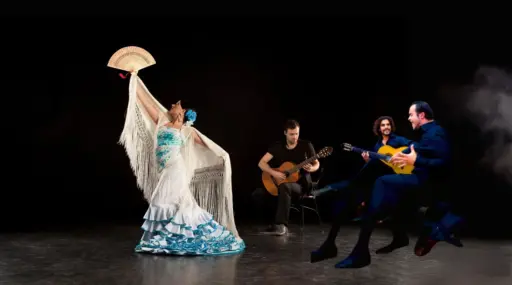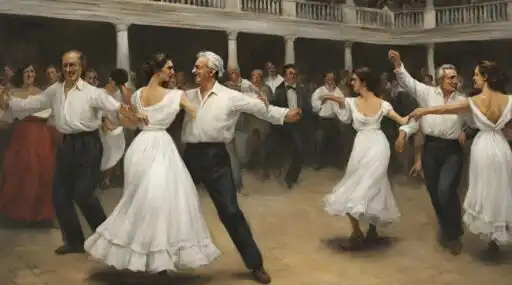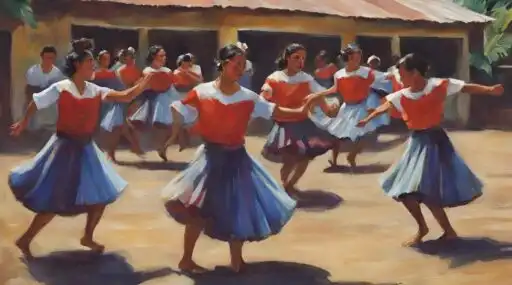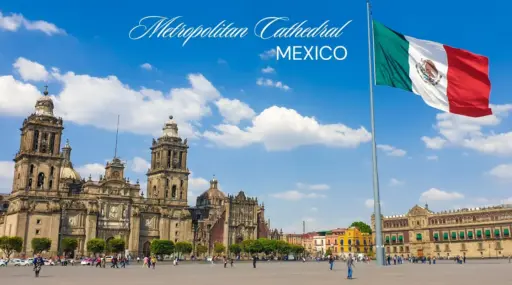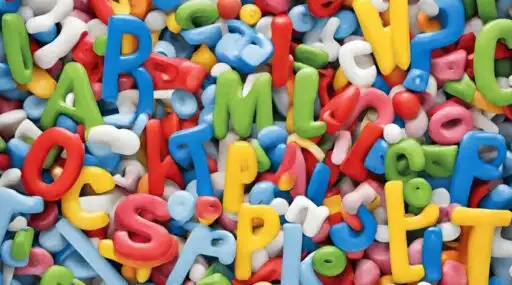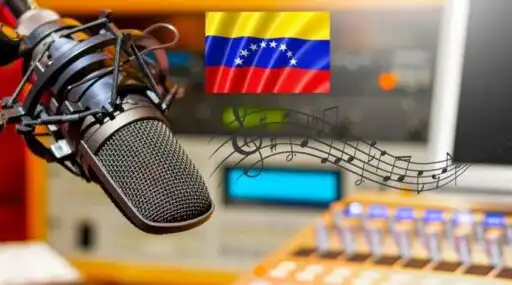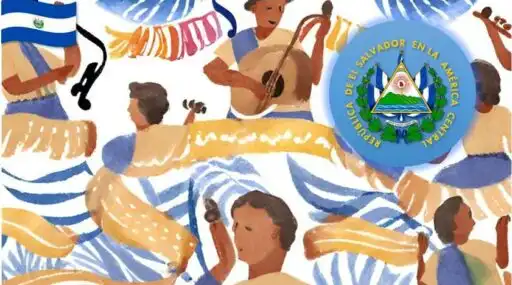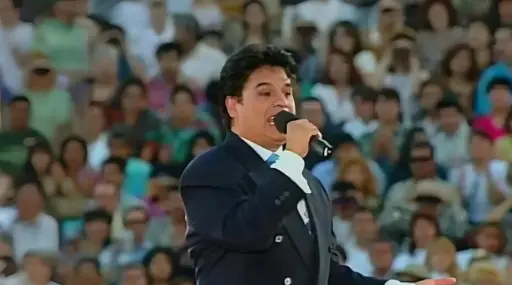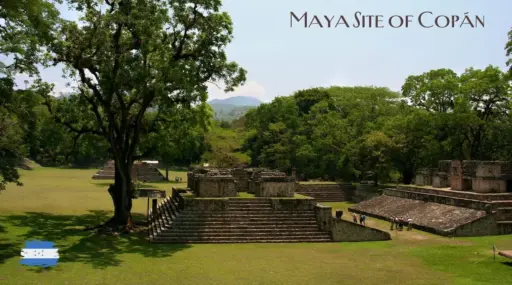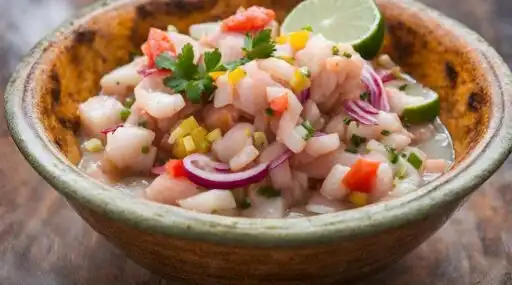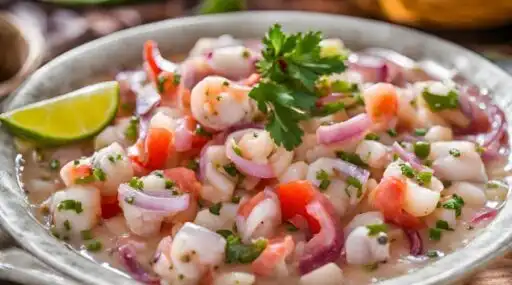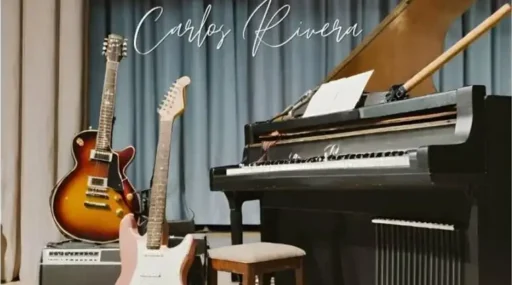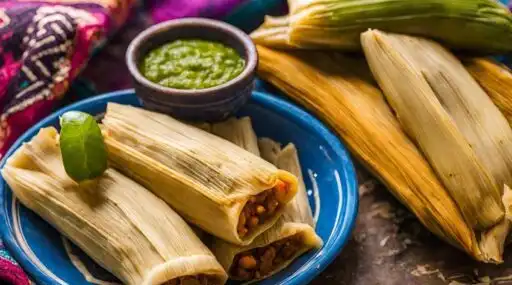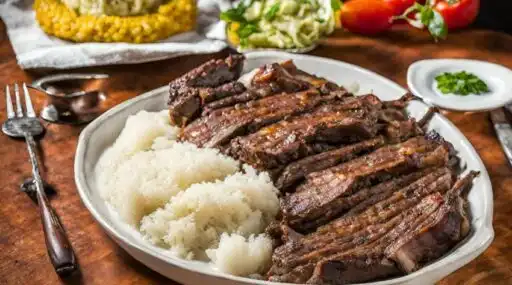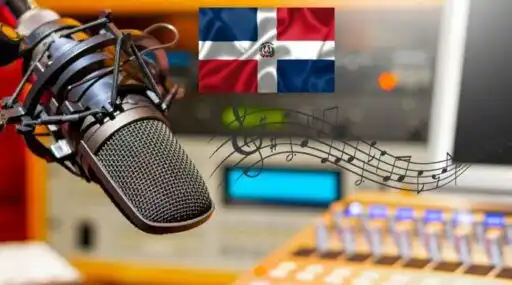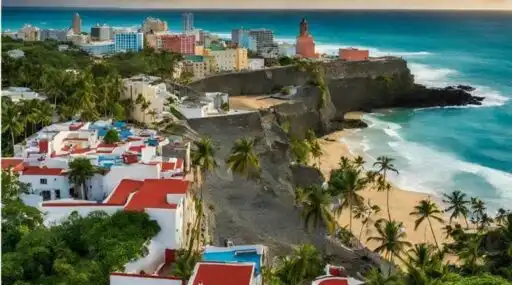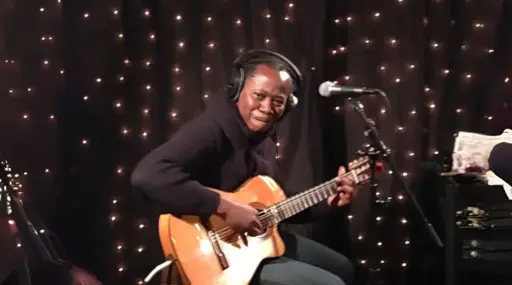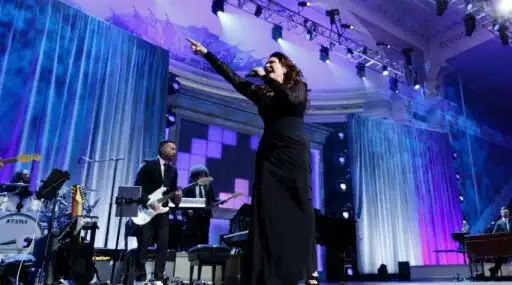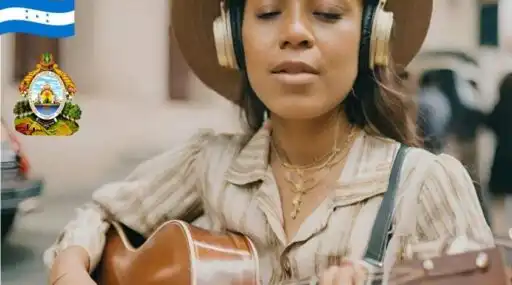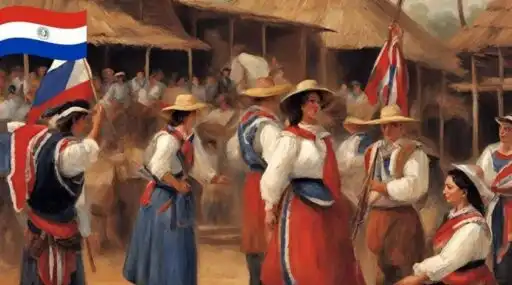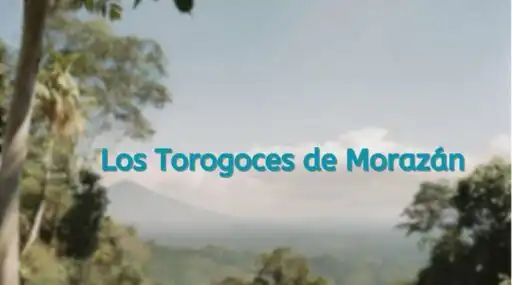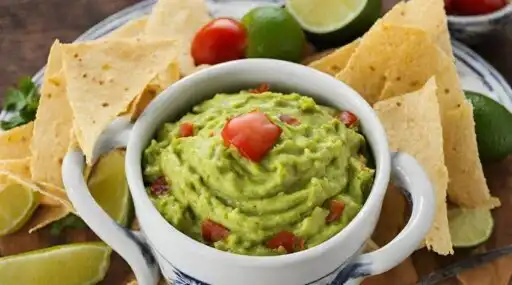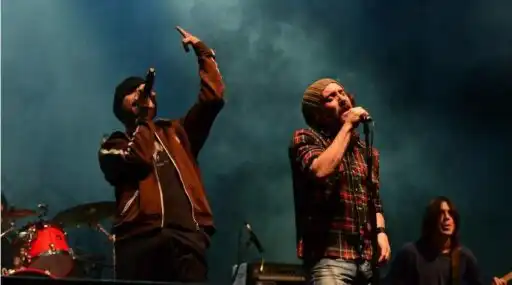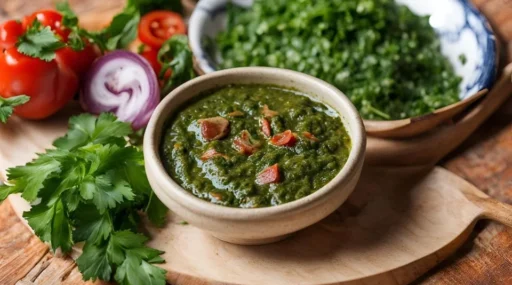Hispanic Culture
Television Costa Rica landscape featuring a mix of public and private channels that offer a variety of programming to cater to the interests of the Costa Rican audience. While it may not be possible …
UNESCO in Ecuador has several World Heritage Sites that highlight the country’s rich natural and cultural heritage. Please note that new sites may have been added or changes may have occurred since then. Here …
The letter ñ is a letter typical of the Spanish language. Its origin dates back to the Middle Ages and is very curious. Also how to write it on an English keyboard. But, what …
Alejandro Fernández, in the heart of Guadalajara, Jalisco, on April 24, 1971, a star was born who would redefine the landscape of …
Camarón de la Isla, in the sun-soaked streets of San Fernando, Cadiz, a young José Monje Cruz, later to be known as …
Enrique Iglesias, born Enrique Miguel Iglesias Preysler on May 8, 1975, in Madrid, Spain, is a global music phenomenon and one of …
Gaby Moreno, in the kaleidoscope of global music, certain artists shine as beacons of cultural richness and artistic brilliance. One such luminary …
Festivals in El Salvador, a small Central American nation, boasts a rich cultural heritage that is deeply intertwined with its indigenous roots, …
Festivals in Venezuela, a country rich in cultural diversity and history, celebrates a myriad of festivals and holidays that reflect its unique …
Festivals in Peru, a country with a rich cultural heritage that spans thousands of years, is home to a diverse array of …
Festivals in Equatorial Guinea, located on the west coast of Central Africa, is a country with a rich cultural tapestry influenced by …
Sopa de Caracol, embark on a gastronomic adventure as we delve into the heart of Honduran cuisine, exploring a dish that captures …
Arroz Koi recipe, journey into the heart of Paraguay’s culinary tapestry as we uncover the flavorful and comforting world of Arroz Koi. …
Pepián of Guatemala, embark on a flavorful journey to the heart of Guatemala, where the ancient Mayan traditions and Spanish colonial influences …
Hilachas recipe, embark on a culinary expedition to the heart of Guatemala, where tradition and taste intertwine in a dish that holds …

Celebrating the Richness of Hispanic Culture
Welcome to Korespa Magazine, your gateway to the vibrant and diverse world of Hispanic culture. At Korespa, we are dedicated to exploring and celebrating the unique art, music, gastronomy, and traditions that define the Hispanic experience. Our pages are filled with the stories and voices that bring this rich cultural tapestry to life.
Art: Discover the creative expressions of Hispanic artists who draw from a deep well of history and heritage. From the vibrant murals of Mexican barrios to the contemporary works of Latin American painters, Korespa showcases a wide array of visual artistry. We delve into the inspirations behind these creations, exploring how cultural identity, history, and modernity intersect in the world of Hispanic art.
Music: Feel the rhythm and passion of Hispanic music through our in-depth features on genres ranging from traditional flamenco and mariachi to reggaeton and Latin pop. Our magazine covers iconic musicians, emerging talents, and the cultural impact of Hispanic sounds globally. Learn about the roots of these musical traditions and how they continue to evolve and inspire.
Gastronomy: Savor the flavors of Hispanic cuisine with our mouth-watering recipes, restaurant reviews, and culinary profiles. Whether it’s the comforting taste of homemade tamales, the bold spices of Peruvian ceviche, or the sweet delight of churros, Korespa invites you to explore the culinary delights that are integral to Hispanic culture. We highlight the chefs and home cooks who are keeping these traditions alive and innovating new culinary masterpieces.
Traditions and More: Dive into the customs and celebrations that mark the Hispanic calendar. From Dia de los Muertos to La Tomatina, our magazine covers the festivals, rituals, and everyday practices that embody the spirit of Hispanic communities.
Immerse yourself in our cultural community today and become part of a vibrant celebration of heritage, creativity, and tradition. At Korespa Magazine, we bring the richness of Hispanic culture to your doorstep, inviting you to explore, learn, and celebrate with us.
